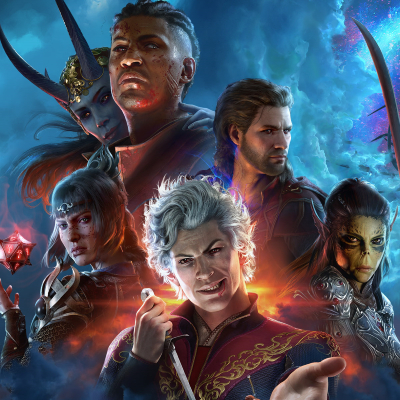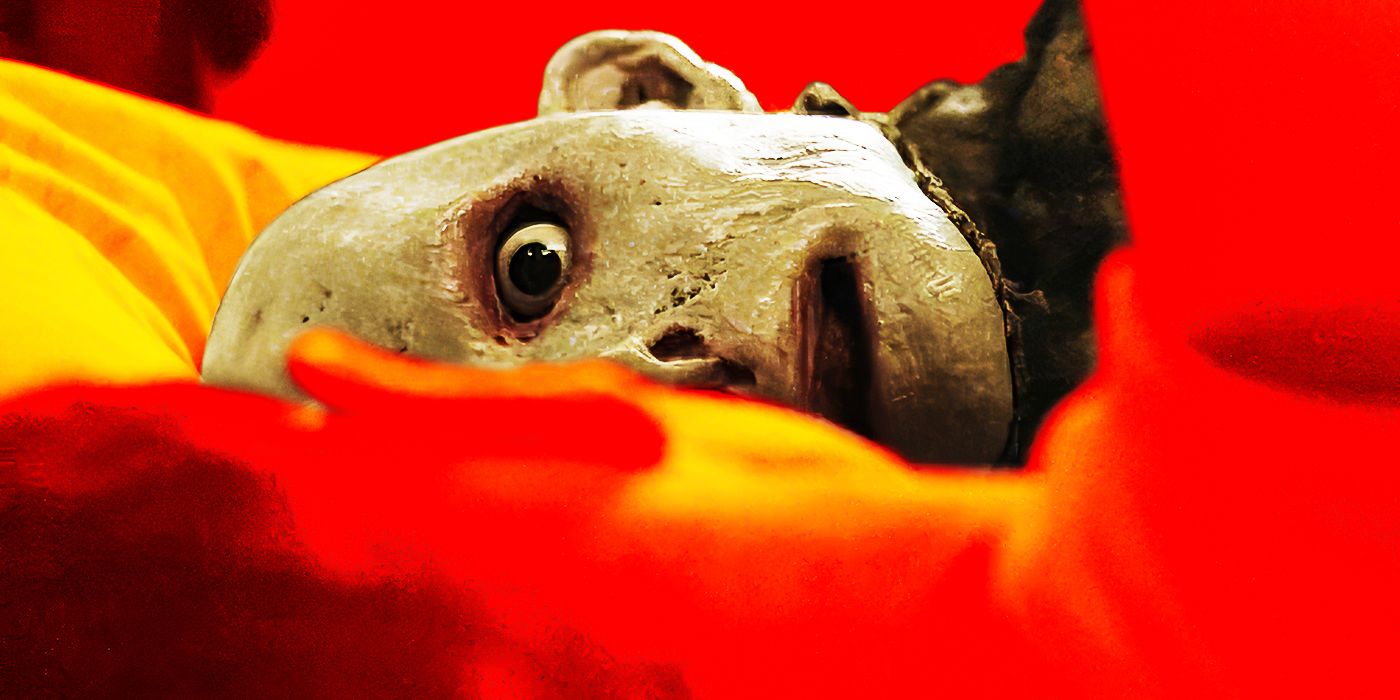An ongoing US antitrust trial may result in Google being forced to sell off its popular web browser, Chrome, in order to increase competition in the search market. And should that come to pass, an OpenAI executive has told the judge they'd be very interested in snapping it up: and, naturally, cramming a load of AI features in there.
ChatGPT head of product Nick Turley testified on Tuesday in Washington, where the US Department of Justice (DOJ) is examining the various ways it can put the screws to Google in order to restore competition in online search (thanks, Reuters). The judge in the case has already found that Google has a monopoly in online search and by extension all related advertising.
At this stage, Google has refused to countenance a sale of Chrome, and plans to appeal the ruling that found the company holds a monopoly in online search.
OpenAI was called by the government because prosecutors in the case are raising concerns that Google's online search monopoly could also give it advantages in AI, and AI advancements in turn could be another way for it to point users back to its own search engine. For its part Google points to the obvious competition in the AI field from the likes of Meta, Microsoft, and of course OpenAI, which for now is arguably the leading firm in the field.
Google's lawyer produced an internal OpenAI document during proceedings, in which Turley wrote that ChatGPT was in a leading position in the consumer AI market, and did not see Google as its biggest competitor. Turley testified that Google had blocked an attempt by OpenAI to incorporate Google's search technology within ChatGPT (it currently uses Microsoft's Bing instead).
"We believe having multiple partners, and in particular Google's API, would enable us to provide a better product to users," reads an email from OpenAI to Google sent in July last year. Google declined the offer in August.

This matters because one of the DOJ's proposals is to force Google to share search data with competitors which, unsurprisingly, Turley said would help ChatGPT improve faster. Turley went on to say that search is a critical aspect of ChatGPT's usefulness to users, and says the company is years away from being able to use its own search technology to answer 80% of user searches (notably, the company recently hired ex-Google Chrome developers Ben Goodger and Darin Fisher). He further noted that forcing Google to share its search data would enhance competition.
Then the literal money shot. Asked whether OpenAI would buy Google's Chrome browser if that were an option, Turley said "yes, we would, as would many other parties." He went on to say that this would allow OpenAI to "offer a really incredible experience" and "introduce users into what an AI-first [browser] looks like" (thanks, Bloomberg).
Should the DOJ ultimately succeed in forcing Google to sell Chrome, there would be intense competition. Chrome boasts a 67% market share and an estimated four billion users worldwide. Any company would fall over itself to obtain an installed base like that, and the prospect of integrating its own services would have any executive needing a very cold shower.
Whether it would benefit users is another question: Chrome already incorporates various AI features, as do Google's wider product suite, and I'm firmly in the "more annoying than useful" camp. AI advocates will paint a different picture of the future of search, however, and we all know the Dylan golden rule: money doesn't talk, it swears.

2025 games: This year's upcoming releases
Best PC games: Our all-time favorites
Free PC games: Freebie fest
Best FPS games: Finest gunplay
Best RPGs: Grand adventures
Best co-op games: Better together













 Bengali (Bangladesh) ·
Bengali (Bangladesh) ·  English (United States) ·
English (United States) ·